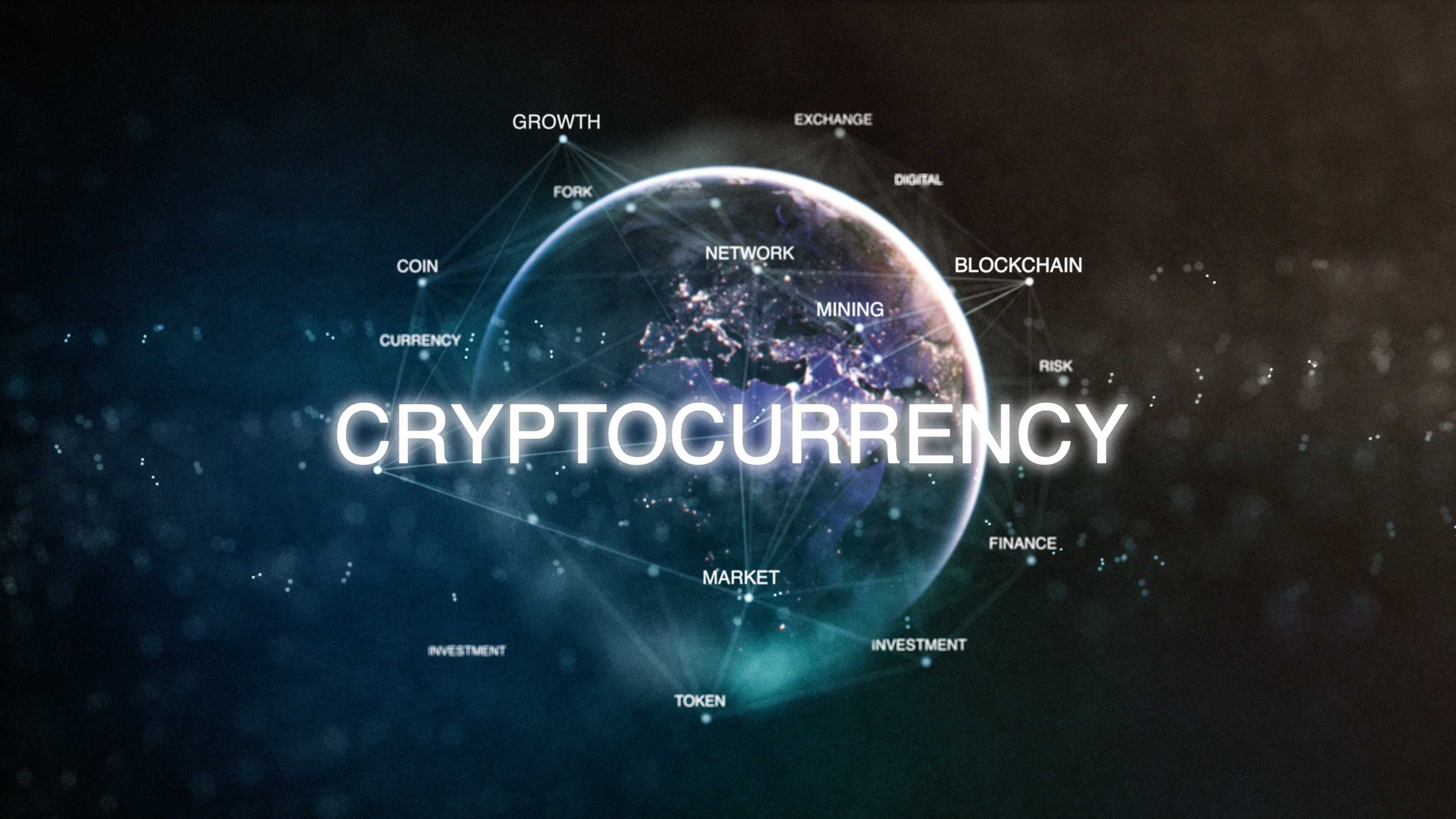Sorting the garlic from the onions…Everything’s relative in the world of Twitter
It’s an old joke, but I’ll tell it anyway… and it has a certain resonance at the moment: a Venetian trader transports a wagonload of onions to the Court of the Mughal Emperor in the time of Marco Polo, and the Grand Vizier loves those onions: he takes the lot, offering their weight in gold in return, and the trader goes home happy: rich beyond his wildest dreams. Inevitably his neighbour hears about this and thinks: “if they paid that for onions, what will they give for garlic”. So off he goes with a wagonload of garlic, and sure enough, the Grand Vizier loves garlic even more than he loves onions: he trades them for the most valuable commodity the Mughal Empire has to offer…a wagonload of onions.
This is an easyish way of saying all market values are relative…it depends on what you think is valuable, and that doesn’t always make perfect sense. Take Twitter, for example…
When it’s not spawning hate speech and pictures of cats (which it does far too often), Twitter is basically a glorified advertising platform with the single virtue that consumers are successfully encouraged to harvest and share their data. That data can then be monetised using more complicated algorithms than ever. Last month, Elon Musk bought this scattering of electrons and algorithms for $44 Billion, which is $8 Billion more than the combined annual value of the world’s rice production ($26.8 Billion), worldwide shipping ($7.4 Billion), and…yes, onions ($2.05 Billion: https://oec.world/en). If the last Grand Vizier had lived long enough (a Methuselahean 300 years), he might have paid our fictional trader in Twitter shares rather than gold.
Perhaps aware of the core fragility of this business model, the indefatigable Musk now plans to commoditise the platform a little more, with reports this week of his intention to charge “blue tick” users an annual subscription fee of $240 (www.theguardian.com/technology/2022/oct/31/elon-musk): good luck with that, I haven’t met anyone yet who’s willing to pay a couple of hundred bucks for what they’ve been getting free for twenty years…
But, oddly enough, the garlic in the Twitter wagon of onions happens to be Cryptocurrency because $500 Million of the cash handed over by Elon Musk to buy Twitter came from an investment by Binance: founder and operator of the world’s biggest crypto exchange platform (www.binance.com). And now the good folk at Binance are working hand in hand with what Musk’s got left of his staff to figure out how Blockchain and Crypto can help move the Twitter platform towards a brighter future: further away from hate speech and a dispiriting number of puppies and cats: heralding a new level of constructive engagement that harnesses the full potential of decentralised ledger technologies, which on any basis has to be better than any subscription service model…
Doing it already
Blockchain and Crypto Technologies don’t just have the potential to draw the Planet closer together whilst at the same time increasing levels of social engagement: they’re doing that already. Just imagine raising community finance without involving a bank, trading products without paying commissions to financial intermediaries, and drawing on the full gamut of currently disempowered social groups without the restraints of a government-controlled infrastructure. All of that becomes possible with Blockchain, and it’s also a much better manifesto for Twitter’s future. Certainly, something Elon Musk should bear in mind as his collaboration with Binance goes forward.
And the moral of the tale: well, it’s simple really…don’t pay too much attention to the wagon…focus on what’s inside instead.
Executive Overview
All value is relative, but digging deeper into the platform is always worthwhile, especially regarding Blockchain and Cryptocurrency drivers.








.jpg)
Leave a Reply